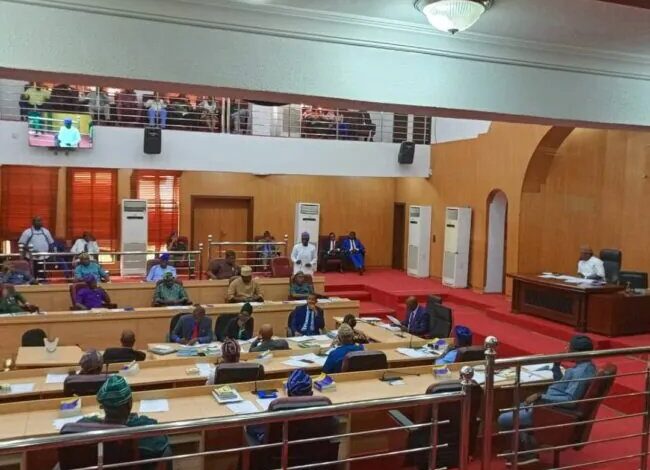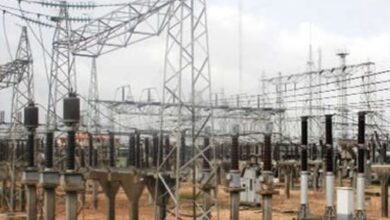Osun Banks Face Clampdown Over Stolen Council Funds

(DDM) – President Bola Ahmed Tinubu has officially inaugurated the newly refurbished National Theatre in Lagos, now renamed the Wole Soyinka Centre, in what government officials describe as a landmark cultural renaissance.
Diaspora Digital Media (DDM) gathered that the multi-billion naira transformation of the historic theatre was financed by the Bankers’ Committee, costing an estimated N68 billion.
The redevelopment project features modern performance halls, art galleries, and a dedicated creative industry hub designed to promote Nigerian arts and empower young innovators.
Speaking at the inauguration, Tinubu praised the Bankers’ Committee for their commitment to cultural revival and youth empowerment, stressing that Nigeria’s creative industry has the potential to rival global counterparts if properly harnessed.
He described the project as a long overdue rebirth for the National Theatre, which had suffered years of neglect and underutilization.
The National Theatre, constructed in the mid-1970s under General Yakubu Gowon’s administration and completed during General Olusegun Obasanjo’s military government, was originally designed as Nigeria’s premier venue for the 1977 Festival of Arts and Culture (FESTAC ’77).
Over the years, however, the once-proud cultural edifice became a shadow of itself, plagued by poor maintenance, mismanagement, and dwindling patronage.
By renaming the facility after Nobel Laureate Professor Wole Soyinka, Tinubu said the government intended to immortalize one of Nigeria’s greatest literary icons, whose works and activism have given the nation global recognition.
Soyinka, Africa’s first Nobel Prize winner in Literature, has remained a towering figure in the struggle for justice, democracy, and cultural identity.
Officials disclosed that the redesigned centre is expected to serve as a hub for tourism, music, theatre, film, and fashion, creating thousands of jobs while stimulating Lagos’ cultural economy.
The project also includes advanced technology installations to support modern productions, with plans for global collaborations between Nigerian creatives and international counterparts.
Stakeholders across Nigeria’s art, music, and literary communities applauded the move, hailing it as a symbolic recognition of the power of culture in nation-building.
Some described it as a fitting tribute to Soyinka’s enduring legacy, while others said it would inspire a new generation of Nigerian creatives to embrace the arts as a viable economic sector.
Observers note that Tinubu’s administration has placed increased emphasis on diversifying Nigeria’s economy through the creative and tourism sectors, with the National Theatre’s rebirth standing as a flagship project.
For residents of Lagos, the unveiling of the Wole Soyinka Centre marks not just a physical transformation of a building but also a hopeful turning point in Nigeria’s cultural story.
Post Views: 82





